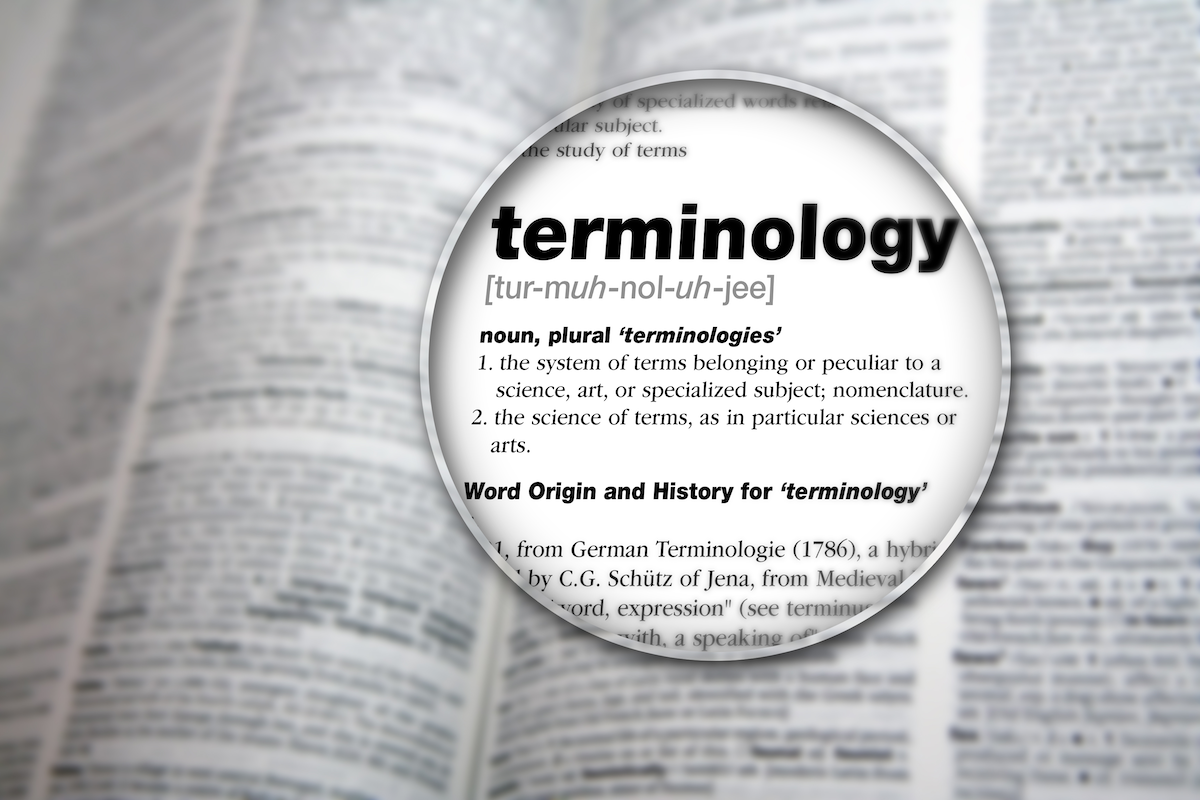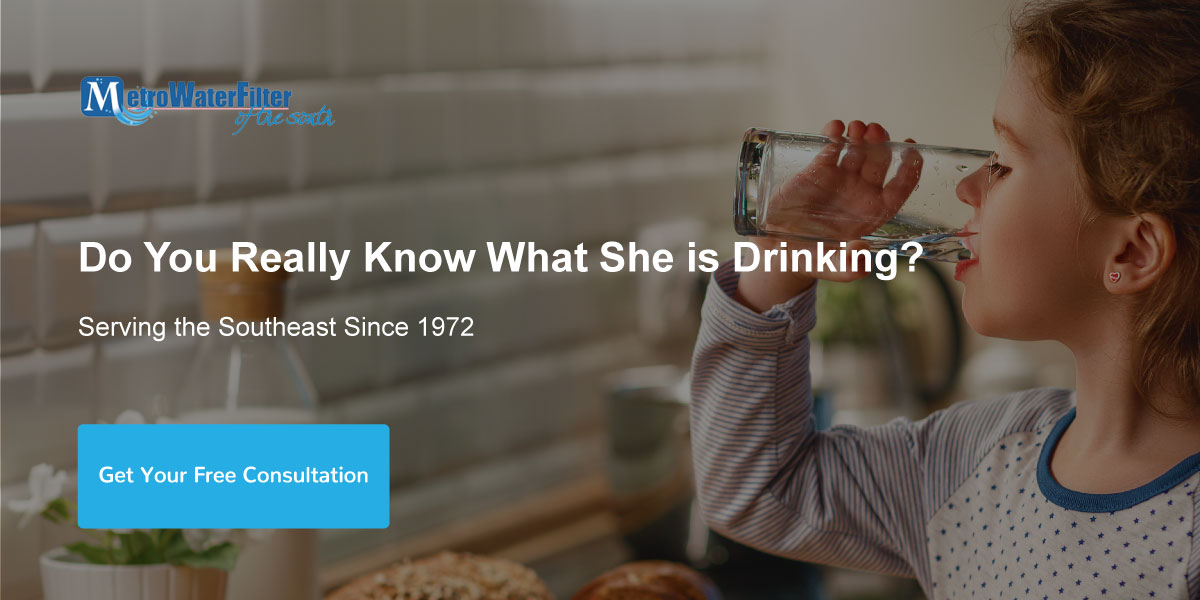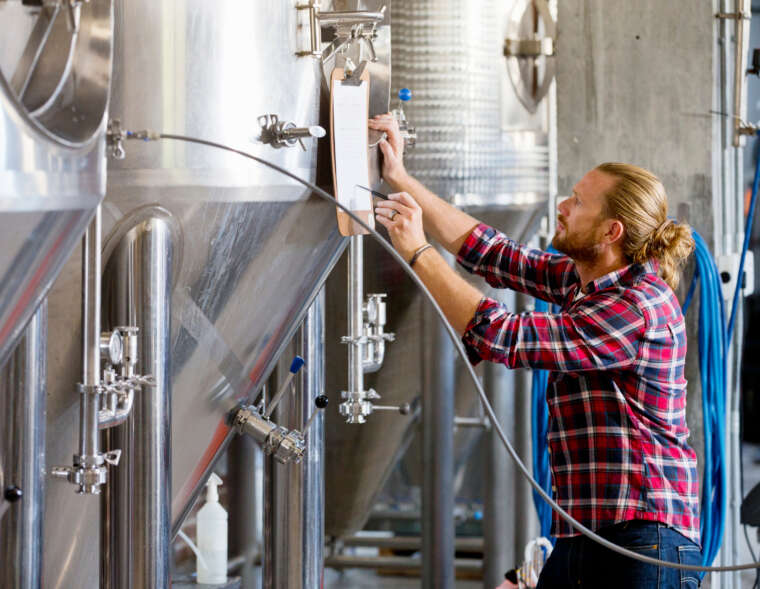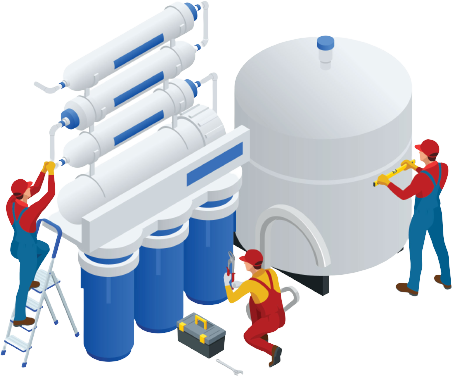Metro Water Filter of the South, The Clear Water Home Systems Specialists of GA
As a homeowner, it is easy to assume that the water flowing out of your faucets and pipes is clean and safe due to regulations mandated by the government. However, there are a multitude of signs that the water in your home could benefit from a home water filtration system. But before choosing one of the many GA home water filtration systems available it is important to begin the search with an understanding of some of the water filtration terms you may come across. At Metro Water Filter of the South, we are all about educating our customers so they can make the best decisions for their water filtration choices.
Understanding the Difference Between Water Purification and Water Filtration
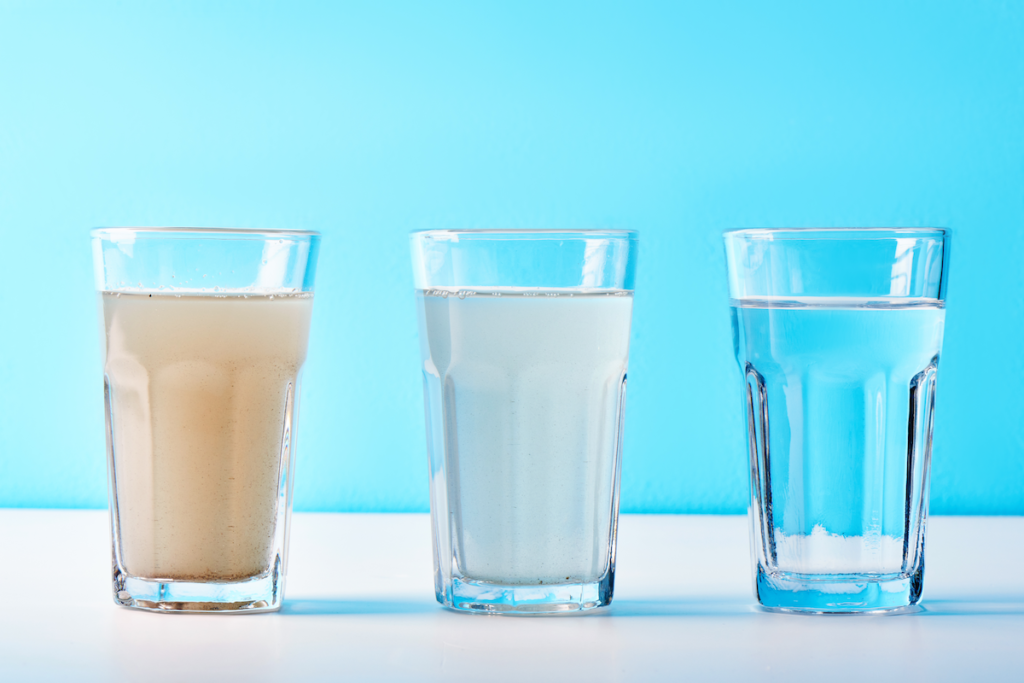
1. WATER PURIFICATION
Water purification occurs when contaminants from water are removed. These contaminants can consist of materials that are biological, organic, inorganic, and even chemical in nature. On the other hand, water filtering consists of a specific method of water purification.
2. WATER FILTERING
Water filtering can be tailored to treat the specific needs of your home. There is a wide range of different filtering equipment that can help ensure your home’s water is safe. Some homeowners feel that filtering their tap water with a simple store-bought countertop filter is an acceptable way to protect themselves and their families. However, that is oftentimes not sufficient, and ensuring that your water’s specific needs are met is best done with the professional installation of a home water filtration system.
City Water Vs. Well Water
3. CITY WATER
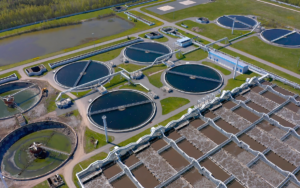
City water is provided under your local government’s (city or county) water treatment program. If you have city water in your home, this means that your home’s water is processed and coming from a local treatment plant. Treatment plants filter water, under federal guidelines, and distribute water throughout the city’s pipes, eventually reaching your home. City water provides residents with convenient access to safe drinking water, although the freshness of that water can vary. There are also some discussions as to how much residual contaminants can remain after the water treatment process, thus making a home’s city water not as clean and clear as one would like it.
4. WELL WATER
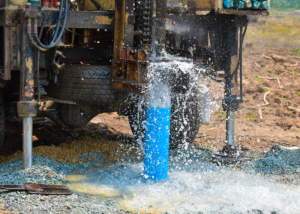 Well water comes from an underground aquifer on your property and connects with your home’s plumbing system. Well water is sometimes viewed as idyllic due to it being cost-effective and perceived as fresh and untainted. However, well water can also be affected by contaminants similar to any other water source. It is a good idea for those with access to well water to test their water on a yearly basis.
Well water comes from an underground aquifer on your property and connects with your home’s plumbing system. Well water is sometimes viewed as idyllic due to it being cost-effective and perceived as fresh and untainted. However, well water can also be affected by contaminants similar to any other water source. It is a good idea for those with access to well water to test their water on a yearly basis.
Getting to Know Common Home Water Filtration Systems
5. REVERSE OSMOSIS FILTER
“Reverse osmosis is still the same fundamental osmosis process, it simply involves adding higher pressure to move the water molecules out of the stronger solution (the contaminated water) and into the weaker solution (the pure water).” – FORBES
Reverse osmosis is one of the most effective ways to filter water, it is even used by two of the largest American bottled water producers. A professionally installed, top-quality reverse osmosis system can remove as much as 99% of contaminants in your home’s water. These contaminants include highly toxic sediments and chemicals such as lead, arsenic, mercury, and more.
6. SEDIMENT FILTER
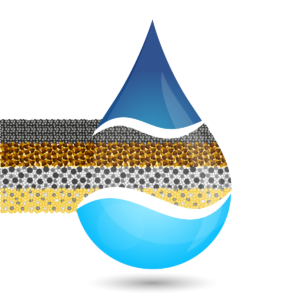 As the name suggests, these filters use various sized mediums to remove the sediments and debris from the water. Sediment can consist of rocks, sand, and minerals, as well as organic contaminants such as plant particles and microbes. Without the filter, the water flowing from your tap may appear cloudy — that is the tell-tale sign that there is sediment in the pipes. If left unfiltered, the sediments can wreak havoc on your appliances due to excess buildup within them and additional wear and tear on the systems.
As the name suggests, these filters use various sized mediums to remove the sediments and debris from the water. Sediment can consist of rocks, sand, and minerals, as well as organic contaminants such as plant particles and microbes. Without the filter, the water flowing from your tap may appear cloudy — that is the tell-tale sign that there is sediment in the pipes. If left unfiltered, the sediments can wreak havoc on your appliances due to excess buildup within them and additional wear and tear on the systems.
7. CARBON FILTER
A carbon filter effectively removes the vast majority of chemicals and additives that get picked up along the way as water travels from your local water treatment plant, through an array of pipes, and into your home. The EPA originally identified 129 harmful agents that could possibly be present in local water supplies — a carbon filter combats these and can remove over 100 of these harmful agents. Carbon filters help ensure you have cleaner, odor-free water that you can confidently drink, bathe in, and cook with.
Conditioning Filter and No-Salt Hardness Filter
Understanding conditioning and no-salt hardness filters begins with understanding what hard water is.
8. HARD WATER
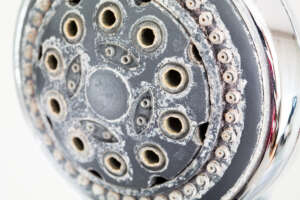
Hard water is water that is high in mineral content. It often leads to weakened water flow and less efficient water heating due to mineral buildup within your pipes and water heater. Hard water interacts poorly with soap, making it difficult to create bubbles and efficiently bathe or clean.
A no-salt hardness filter takes the dissolved minerals and turn them into microscopic crystals that are unable to significantly cling to surfaces, eliminating water spots and buildup.
9. ULTRAVIOLET LIGHT FILTER
Ultraviolet (UV) light filtration is a form of disinfection that can be used to remove most forms of microbiological contamination from water. The UV light penetrates the microorganisms, destroying the cells and preventing them from growing. This form of water filtration accomplishes this without the need for any chemicals and is also more efficient than traditional methods of sterilization like boiling or distilling.
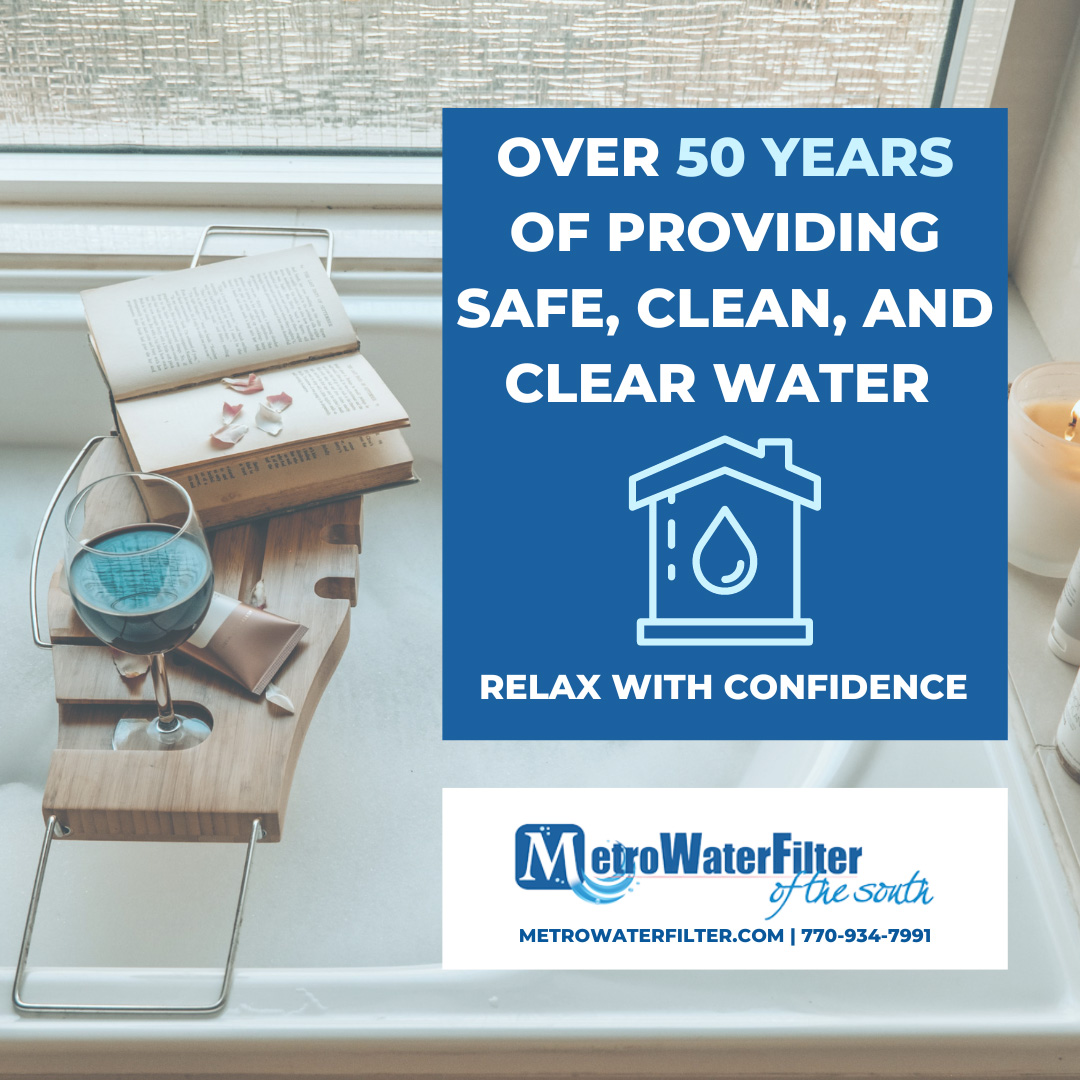
The Bottom Line, Your Home’s Water Deserves to Be Clean and Clear
While understanding common water filtration terms can be helpful, the follow-through process of contacting a supplier and choosing the right water filtration system for your home can feel overwhelming. Thankfully, Metro Water Filter of the South has over 50 years’ experience in helping bring clean, clear water to our customers. We are here to walk you through each step of the process. We will provide you with all your options to make the right water filtration choice for your home or building. Our filters are custom-built to last and provide families with clean, safe water for years to come.
Want a Complimentary Water Diagnosis?
Our expert team members are ready to take your call. Contact us today at 888-604-8043 or by filling out our contact form. Let us find the whole home or building water filtration solution that works best for your unique needs.

